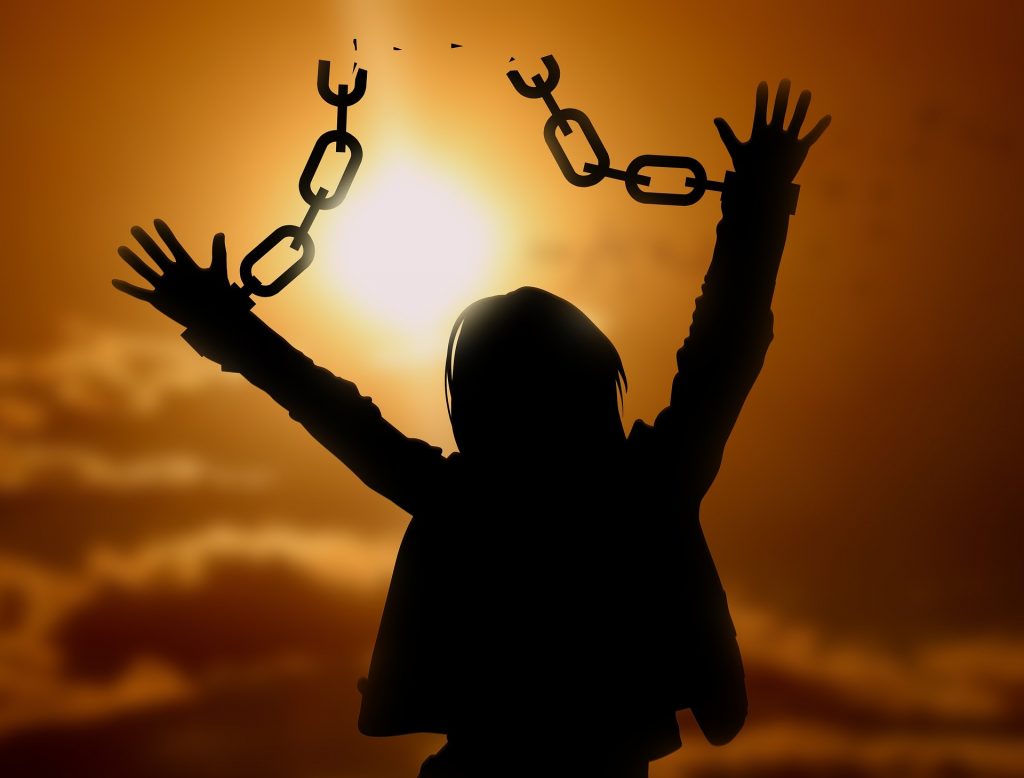If this is your first viewing, please see my Introduction before reading this.
20 December. John chapters 7-8
Finally Jesus returns to Jerusalem where he knows that the authorities are looking for a reason to have him killed. He does not hide from them but confronts them, and the crowds who are present for a religious festival (presumably the Passover). It seems that he wants to make the maximum impact in the short time left to him, in the hope that a few at least of those who hear his teaching will accept it and continue to spread it after his death and resurrection.
Jesus makes much of his relationship with God (whom he never refers to directly, because of the Jewish taboo against using the name of God) but calls him “the Father” (or “my Father”) or “the one who sent me”. But he comes pretty close to identifying himself as divine in some of the exchanges in chapter 8: “If you knew me, you would know my Father also” (19), “I am from above; you are of this world, I am not of this world” (23), “I declare what I have seen in the Father’s presence” (38), and finally “before Abraham was, I am” (58). This last statement angers them enough to threaten him with stoning, for it amounted to blasphemy: not only did Jesus imply that he existed before the start of the Jewish religion (indeed, before all time), but the very phrase “I am” in a religious context was considered to be one of the unutterable names of God.
The thrust of his argument though, is not to set himself up as Lord over the people, rather to urge everyone to regard themselves as children of God, and to be open to the possibility of eternal life. But it does not work. When they claim to be children of Abraham and following the law of Moses, Jesus points out that neither Moses nor Abraham would condone killing someone for their beliefs. When they criticise Jesus healing someone on a Sabbath (yet again), he makes the reasonable point that they themselves consider it acceptable to perform circumcision on a Sabbath – so if that, why not healing? When he offers “the truth that sets people free” (8:32) they simply say that they are not slaves so what would they need to be freed from? As they say here in Yorkshire, “There’s none so deaf as those who won’t hear”.
To be fair to the Jews of Jesus’ time, though, it has always been the case that when someone comes along as a prophet, revolutionary or radical, the majority of people do not want to believe their message. We all prefer to stick to the understanding of the world that we have either been taught as children, or discovered for ourselves in youth, or which keeps us in a comfortable stability as adults. To be challenged about your religious heritage, or set of moral values, or to be told that you are suffering from some deficiency or addiction that you need to be freed from, is uncomfortable at best, maybe even threatening.
The call of Jesus is always to something better, though it may not seem like it at the time. And the more we understand of it, the more challenging it may be. Few people in his own time stuck with him through the events of Easter, and few will follow now. But the call, and the challenge, are always there. In the words of a seasonal carol, “Where meek souls will receive him, still the dear Christ enters in”.
